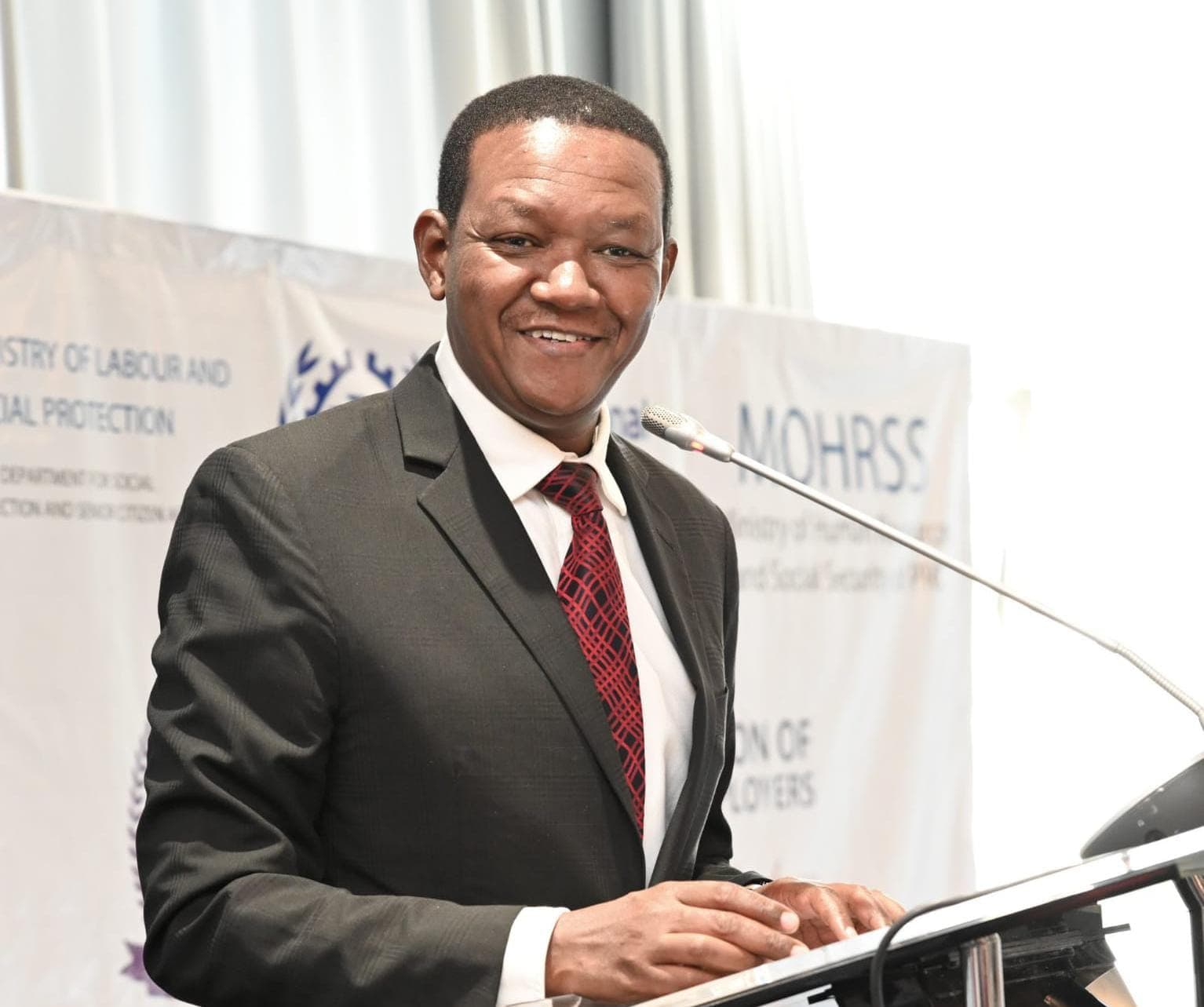We're loading the full news article for you. This includes the article content, images, author information, and related articles.
The three-day recruitment event for over 1,000 positions in the Middle East concludes today, Friday, 31st October 2025, as part of a wider, controversial government strategy to export labour to curb domestic unemployment and boost foreign remittances.

The Ministry of Labour and Social Protection, led by Cabinet Secretary Alfred Mutua, is concluding a significant three-day recruitment drive today, Friday, 31st October 2025, aimed at placing over 1,000 Kenyans in jobs in Dubai and Saudi Arabia. In a statement released on Tuesday, 28th October 2025, CS Mutua announced that interviews would be held at the National Industrial Training Authority (NITA) centres in Mombasa and Athi River from Wednesday, 29th October, to Friday, 31st October. The available positions span multiple sectors, including transport, logistics, security, hospitality, and construction. Specific vacancies advertised included 500 delivery drivers, 350 taxi drivers, 150 security guards, and 175 construction workers for Dubai, alongside drivers and mechanics for Saudi Arabia.
This recruitment event is a component of the Kenya Kwanza administration's broader economic strategy, which heavily emphasizes labour exportation as a tool to combat high domestic unemployment and increase diaspora remittances. The government has set an ambitious target of securing one million jobs for Kenyans abroad annually. In a statement on Tuesday, 10th June 2025, President William Ruto announced that the government had facilitated employment for 400,000 Kenyans abroad since the program's inception in March 2023. According to Labour Principal Secretary Shadrack Mwadime, the government had secured 200,000 overseas job opportunities between June 2024 and March 2025.
The economic stakes are substantial. Diaspora remittances are Kenya's leading source of foreign exchange, surpassing traditional sectors like tourism and agriculture. According to the Central Bank of Kenya (CBK), inflows are projected to surpass KSh 650 billion (approximately USD 5 billion) by the end of 2025, a new annual record. Data from the CBK showed that Kenyans abroad remitted KSh 160 billion in the first three months of 2025 alone.
Amid the push for labour exportation, concerns over the safety and welfare of migrant workers, particularly in the Middle East, persist. The Central Organization of Trade Unions (COTU), has historically criticized the government for inadequate protection of its citizens, citing cases of abuse and mysterious deaths. COTU has advocated for government-to-government labour agreements rather than relying on private recruitment agencies.
In response, the government has been actively negotiating Bilateral Labour Agreements (BLAs) to create structured and safer migration corridors. The Ministry of Labour reports that new agreements have been signed with the UK, Saudi Arabia, UAE, Qatar, Germany, and Austria. A comprehensive agreement with Germany, for instance, was finalized in May 2024 to establish a clear framework for the migration of skilled workers while protecting their rights. Furthermore, CS Mutua announced in September 2024 that any Kenyan taking up a job abroad must now receive a clearance letter from the ministry to ensure accountability and allow the government to track its citizens.
The government's recruitment drives have not been without challenges. In February 2025, a nationwide recruitment program was abruptly suspended, leaving hundreds of young people stranded at recruitment centres in Eldoret and Kisii after they turned up for interviews that did not happen. CS Mutua later clarified that the program was on hold, urging the public to rely only on official communication.
Private recruitment agencies, represented by the Kenya Association of Private Employment Agencies (KAPEA), play a significant role in the process but have a complex relationship with the government. In October 2025, KAPEA called for more formal government recognition, stating its members had facilitated the deployment of over 150,000 Kenyans in the preceding nine months. However, the association has also expressed concerns about being sidelined by the ministry and the negative public perception of agencies due to rogue operators. CS Mutua has affirmed the government's commitment to weeding out unscrupulous agencies to protect job seekers from exploitation.
As this latest drive concludes, the government continues to balance its economic objectives with the critical need to ensure the dignity, safety, and fair treatment of its citizens working across the globe. FURTHER INVESTIGATION REQUIRED on the total number of successful placements from this three-day event.
Keep the conversation in one place—threads here stay linked to the story and in the forums.
Sign in to start a discussion
Start a conversation about this story and keep it linked here.
Other hot threads
E-sports and Gaming Community in Kenya
Active 9 months ago
The Role of Technology in Modern Agriculture (AgriTech)
Active 9 months ago
Popular Recreational Activities Across Counties
Active 9 months ago
Investing in Youth Sports Development Programs
Active 9 months ago